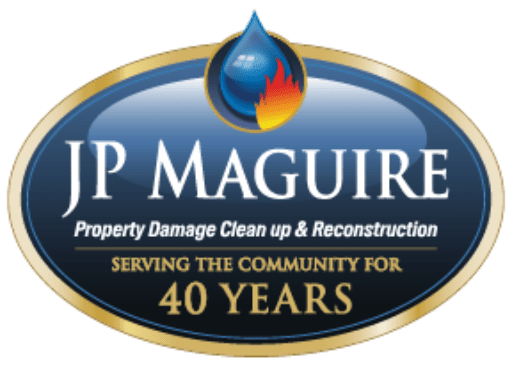Buying a home is an exciting yet significant investment. However, hidden issues like water damage can turn your dream home into a nightmare. Recognizing signs of water damage early can save you from costly repairs and future headaches. Here’s a comprehensive guide to help you spot water damage while house hunting:
1. Inspect Walls and Ceilings
- Look for discoloration, peeling paint, or wallpaper.
- Bubbling or cracking in paint can indicate moisture beneath the surface.
- Sagging or warped ceilings may suggest roof leaks or plumbing issues.
2. Check Floors
- Warped or buckling floorboards may indicate water damage, especially in bathrooms, kitchens, and basements.
- Soft or squishy spots could mean subfloor damage from prolonged exposure to water.
3. Examine Windows and Doors
- Look for water stains or mold around frames.
- Difficulty in opening or closing windows and doors might signal swelling due to moisture.
4. Inspect the Basement
- Basements are prone to flooding and leaks.
- Look for water stains on walls, especially near the floor.
- Musty odors or visible mold are red flags for water damage.
5. Check the Roof and Gutters
- Inspect the roof for missing or damaged shingles.
- Check gutters and downspouts for debris or signs of overflow, which can lead to water seepage into the house.
6. Look in the Attic
- Check for water stains, mold, or a musty smell.
- Inspect insulation for dampness or mold growth.
7. Inspect the Plumbing
- Look for signs of leaks under sinks, around toilets, and behind appliances.
- Water stains or warped cabinetry under sinks are indicators of past or ongoing leaks.
8. Check External Drainage
- Ensure that the ground slopes away from the house to prevent water from pooling around the foundation.
- Look for signs of water damage on exterior walls, such as efflorescence (white, chalky residue) or cracks.
9. Consider Hiring a Professional
- A qualified home inspector can provide a thorough assessment for hidden water damage using specialized tools and expertise.
- In areas prone to flooding or high humidity, consider additional inspections such as mold testing.
Conclusion
By actively searching for signs of water damage during your house hunt, you can make a more informed decision and potentially avoid costly repairs. Remember, addressing water damage early not only protects your investment but also ensures a healthier living environment for you and your family.
For more tips and guidance on keeping your home safe from water damage, call JP Maguire, the leading restoration company in CT at 877-576-2484, or visit our website at jpmaguire.com.
